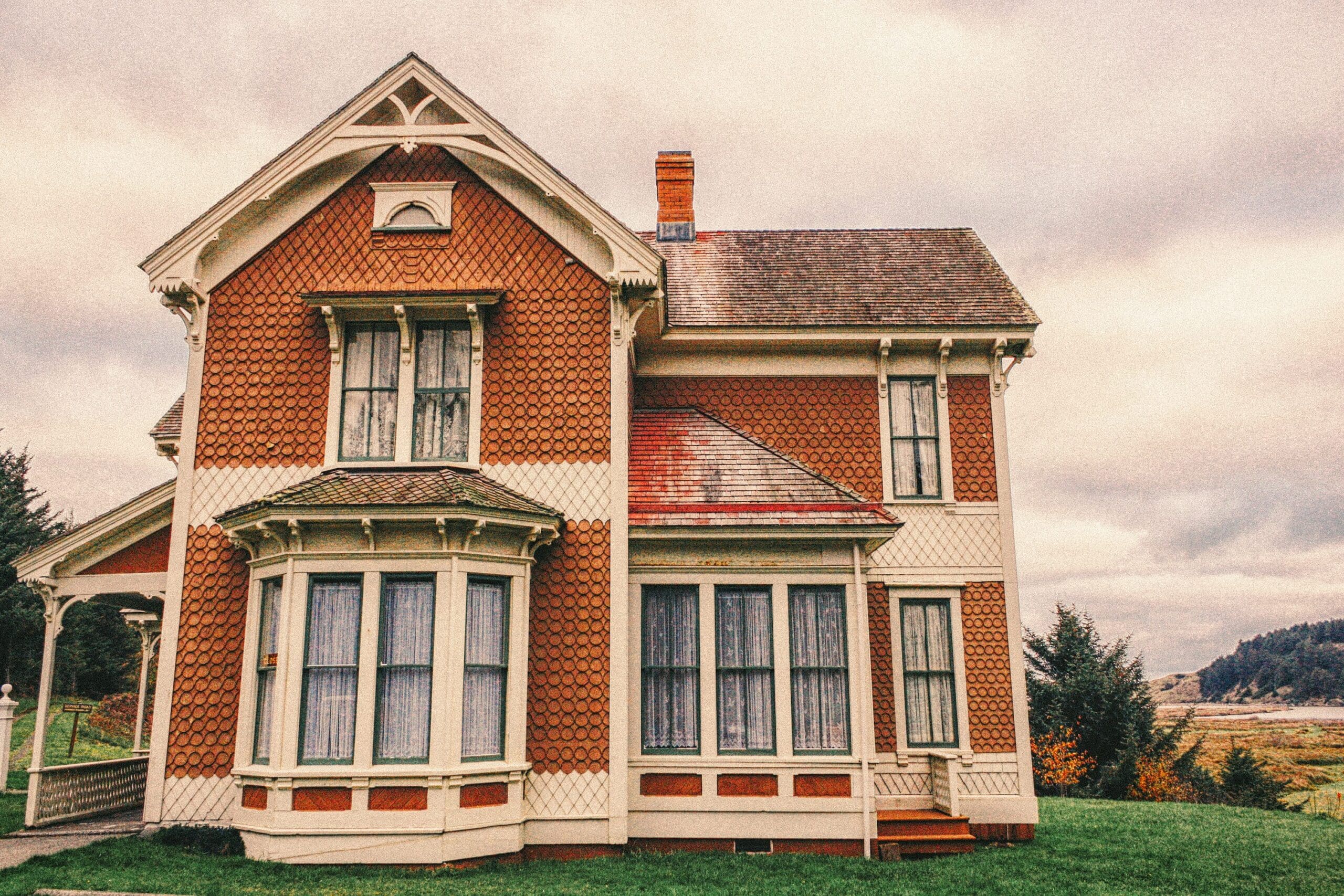If you are a new contractor getting ready for your first construction job, then you may be overwhelmed with the details. The key to remember is to be as prepared as possible to make sure the job is successful and profitable. Many contractors have systems in place that help them work efficiently and you’ll need to create your own.
Taking time to plan and organize every detail not only helps keep you on track but also prevents costly delays and mistakes down the line. When you have all the steps in place the job itself can go much smoother. In this article, we will go over several of the things to do to prepare for a smooth first construction project.
1 – Environmental consulting
Before you break ground on a project, the actual ground must be suitable. Teaming up with environmental consulting services is a great way to make sure your construction site is safe and suitable for building.
These experts, such as MTC environmental consulting services, know how to assess things like soil quality, water sources, and any plants or animals that need protection. By working with them before you start, you get a clear picture of any environmental challenges, which can save you from unexpected delays or extra costs.
Environmental consultants can spot risks like soil erosion or contamination and give advice on handling sensitive areas nearby. For instance, if there are wetlands or endangered plants, they’ll guide you on how to work without disturbing these areas.
2 – Get the necessary permits
Before you start any construction work, you have to make sure you have all the right permits and licenses. Building permits are important for keeping your project safe, legal, and up to code. If you skip this step, you could face fines, work stoppages, or be forced to make expensive changes, which can eat up both time and money.
Start by checking with your local and state offices to see what’s required for your project. Rules can vary, so it’s good to know exactly what’s expected for building codes, zoning, and safety standards in your area. If your project includes specific tasks, like tearing down old buildings or working near natural areas, you might need extra permits. Doing this research now will keep you from scrambling for paperwork later on when delays can be even more of a headache.
3 – Have a safety plan
Keeping your job site safe is one of the most important things you can do for a smooth project. Start by walking through the site to spot any possible hazards that could cause problems. Look for uneven ground, power lines, or anything else that might be risky. Catching these issues early helps prevent accidents and keeps everyone safer.
It’s also a good idea to set up a clear safety plan. This plan should include emergency procedures and a list of any protective gear that everyone needs to wear. Make sure your team knows the rules, so if anything unexpected happens, they’re ready.




